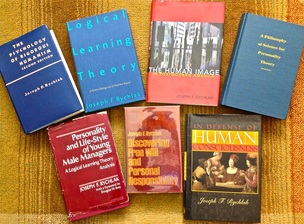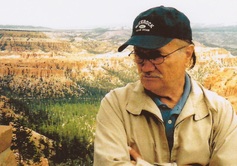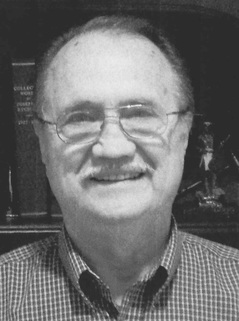
So I found interesting Sue Shellenbarger’s article, “Clashing over Office Clutter: “I’m Not Messy, I’m Creative,” in the March 19, 2014, print edition of The Wall Street Journal. Shellenbarger interweaved “soundbites” and research. She noted that the average space for workers has decreased and more companies are experimenting with shared office spaces. Where working space is in the open, there are greater opportunities for co-workers to make judgments about others based on the degree of messiness. Her warning: “Look for more clashes over clutter” (D1).
These perceptions can have consequences. Shellenbarger cited a 2011 survey of over 2600 managers where 28% of managers indicated they were less likely to promote someone with a disorganized workspace. According to the article, some people get stressed out by the messiness of others.
On the other hand, some argue that what appears to be clutter is actually organized. Research suggests clutter may be positively related to creativity, to moving beyond boundaries. Shellenbarger quoted Carter Weitz of the ad agency Bailey Lauerman: “Clutter generates a sense of positive energy” (D2).
My take-away:
I find much wisdom in the writings of the great French management philosopher Henri Fayol (1841-1925), in particular his Fourteen General Principles of Management. Fayol’s 14 principles were derived from his systematic observations during his nearly 60 years at all levels of management.
Principle 10 is Order. Fayol wrote, ”Appearance of order may cover over real disorder . . . on the other hand, the appearance of disorder may actually be true order.” Just because an office or desk appears messy does not mean that is disorder. The key is not the appearance of the desktop but whether items can be located easily by the person or persons who need to locate them. Bottomline: Do not necessarily assume a messy office is disorganized.
Image of a messy office. © John Ballard, 2014. All rights reserved.
Fayol, H. (1949). General and industrial management (C. Storrs, Trans.). London: Pitman.



 RSS Feed
RSS Feed